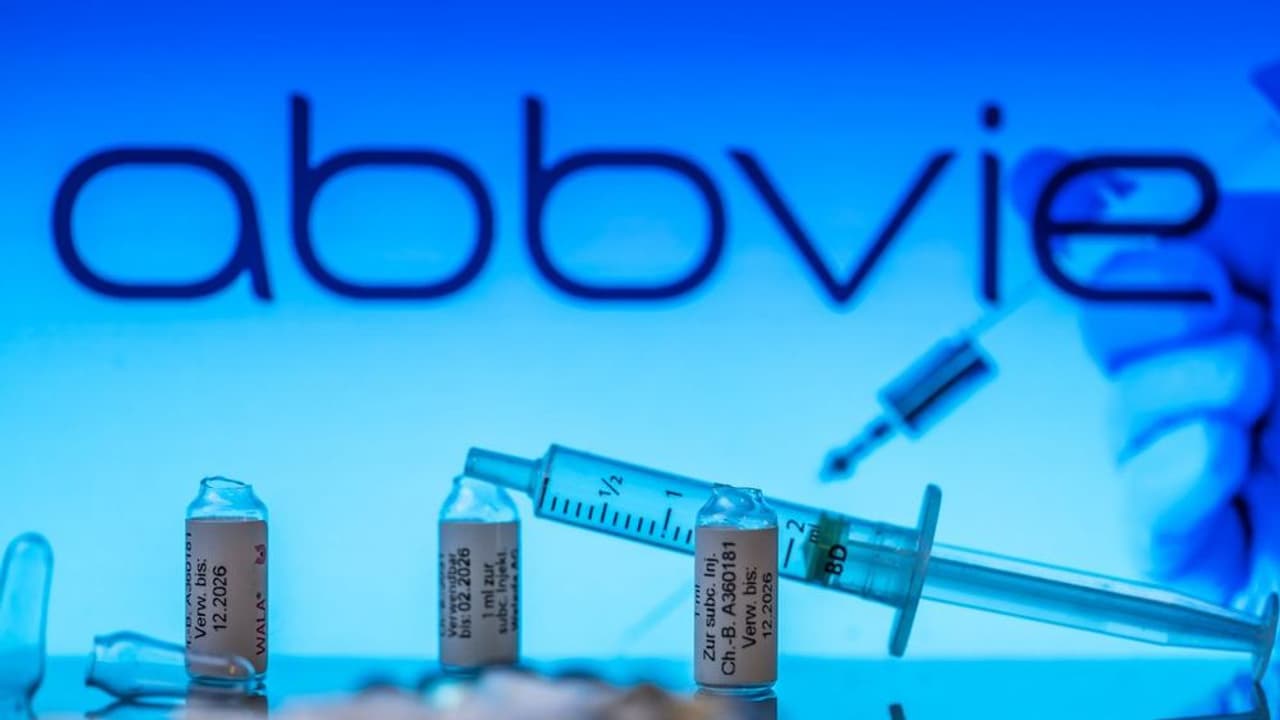In the study, 45.2% and 55.0% of patients treated with Upadacitinib 15 mg and 30 mg doses, respectively, reached 80% or more scalp hair coverage at week 24.
AbbVie (ABBV) on Thursday announced that a late-stage study evaluating the safety and efficacy of Upadacitinib in adult and adolescent patients with severe alopecia areata yielded positive results.
In the study, 45.2% and 55.0% of patients treated with Upadacitinib 15 mg and 30 mg doses, respectively, reached 80% or more scalp hair coverage at week 24, compared to 1.5% of patients receiving placebo, the company said. Improvements in eyebrows and eyelashes were also observed.
Alopecia areata is an autoimmune disease causing hair loss, typically in small, round patches on the scalp or other body areas. It occurs when the immune system mistakenly attacks hair follicles.
On Stocktwits, retail sentiment around ABBV stock stayed within the ‘bullish’ territory over the past 24 hours, while message volume stayed at ‘low’ levels.
AbbVie said that the results from the study are consistent with the results of another late-stage trial conducted by the company and announced late last month. The two trials together had 1,399 participants with severe alopecia and about 16% scalp hair coverage.
Kori Wallace, vice president, global head of immunology clinical development at AbbVie, said that the company now looks forward to submitting these data to regulatory bodies for approval.
The safety profile of both doses of the drug in alopecia areata was generally consistent with that in approved indications, the company said. Discontinuations due to treatment-emergent adverse events occurred in 1.1% and 1.5% of patients in the Upadacitinib 15 mg and 30 mg groups, respectively, and none in the placebo group, it said. One case of breast cancer was reported in the Upadacitinib 15 mg group, it added.
Upadacitinib is also being studied in late-stage clinical trials in other immune-mediated inflammatory diseases, including hidradenitis suppurativa, Takayasu arteritis, systemic lupus erythematosus, and vitiligo.
ABBV stock is up by 18% this year and by 6% over the past 12 months.
Read also: Scilex Subsidiary Semnur Pharma Eyes $20M Private Placement Deal: More Details Inside
For updates and corrections, email newsroom[at]stocktwits[dot]com.<
